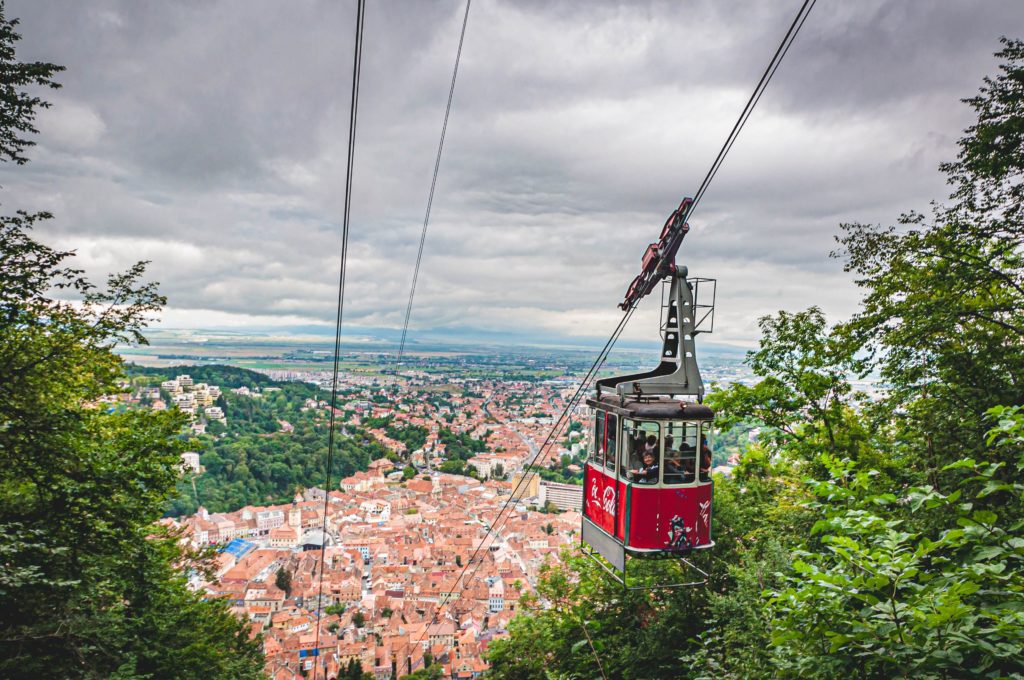Located in Europe, Romania has one of the fastest-growing economies on the continent, something that always has attracted foreigners to the country. With increasing international investments, the country is now a hub for ex-pats from various parts of the world looking to work in Europe.

Working as a foreigner
When the Romanian government increased the quota for foreign employees, it lead to high demand for foreign labor in the country and the issuance of more work permits.
Searching for a job is quite easy; there are department agencies whose job is to inform about available job offers and advise job seekers. Other avenues to help foreigners find their dream job include the National Newspapers such as Ziarul Evenimentul, Ziarul Financiar, The Diplomat, etc. Foreigners can also look for jobs online; searching Best jobs.EU, Ejobs.ro, Publi24.ro, Hipo.ro, etc.
Language Requirement
You should start learning the Romanian language before applying for jobs. This will go a long way in fostering a good work relationship between you and your employer. Not only that, foreigners who speak the language rarely have problems with locals.
The job market
There are several fields of work available. They include; tech industries, marketing, manufacturing/assembling, tourism, communications, textile, security, trade, engineering, etc. However, the tech industry is known for its local and overseas startup companies. Therefore, foreigners who wish to work in the tech industry should exploit the fact that Romania is a hub to make their wishes come true. Most demanded job opportunities are in bigger cities, such as Bucharest, Cluj Napoca, Timisoara, etc. Small towns are for ex-pats who work for smaller companies where the cost of living is cheaper and opportunities in small businesses are higher.
Writing a CV as an expat
When writing your CV and cover letter, it should be written in Romania or English unless when stated otherwise. Most jobs require you to be able to speak either of the two. However, there are some job positions where you need to understand a foreign language. Your CV has to be written in Romanian standards. Firstly, start with personal information, then your professional experience, educational background, personal skills, etc. Some employers will require a Europass model for your CVs.
Job interviews for foreigners
At a job interview, you are to present certain documents. They include your certificates or credentials, which back your ability, your recommendation letters, and other helpful documents to prove your experience and qualifications in the field of work. This could be diploma certificates, sandwich courses, certificates from online courses, etc. When you are applying to large companies, you will undergo two stages of an interview. The first will be with HR managers in charge of recruiting new employees. Then after passing, you will have another interview with the superiors in your department of interest. However, this is different for small companies. Some jobs will require you to submit a medical certificate, a driver’s license, or proof of a clean criminal record. These are rare cases though.
The average salary
The average net salary for workers in the country differs from one industry to another. In the IT industry, the average salary for an entry-level worker is about 550 to 1,600 euros. This is higher compared to other industries with salaries of 500-700 euros. This is because the IT industry generates more revenue and is prosperous in the country. There are numerous benefits for employees. They include private medical insurance, lunch tickets, remote work, holiday bonuses as a motivator, flexible work schedules, etc.
Work Visa for an expat
To work in Romania, you must acquire a work visa or permit. However, if you’re an EU citizen, you don’t need one to work in the country. For a non-EU citizen, you will have to apply for a work permit and a Work Visa in your home country before relocating. You should get a job first before applying for a work visa.



